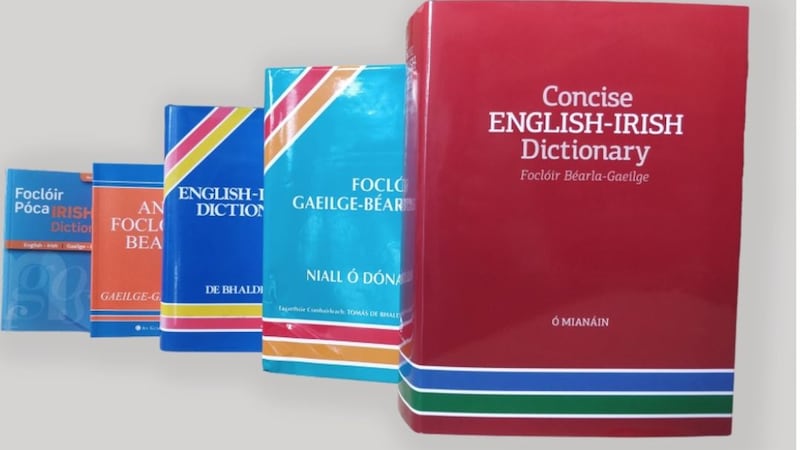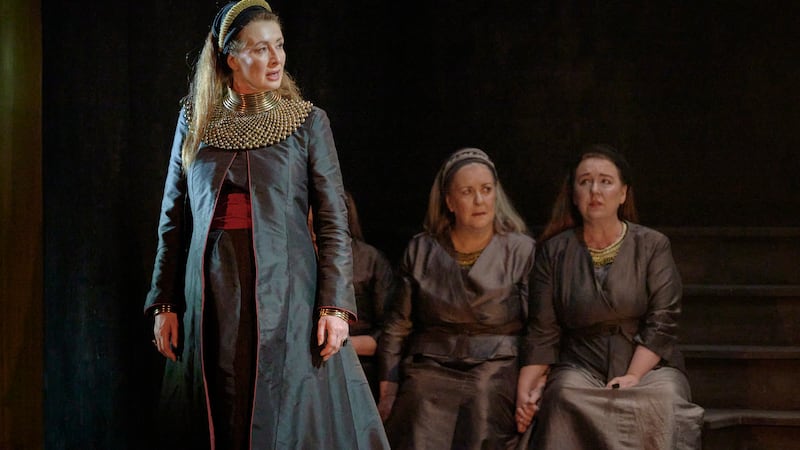THE last English-Irish dictionary was published over 60 years ago so learners at every level will be delighted to hear that a New English-Irish Dictionary has been printed and will be delivered to book shops over the summer.
The volume has 1,800 pages containing 30,000 headwords and is based on the on line dictionary focal.ie wtih Derry-born Pádraig Ó Mianáin as chief editor of both the on line and printed vesrions.
Foras na Gaeilge will be launching a new campaign in September to publicise the landmark publication.
Watch this space.
:: At the same meeting where the new dictionary was announced, Foras approved grants worth €340,309 for its Youth Events Scheme 2020/21.
The scheme will give opportunities to young people to use Irish outside of school and it will encourage the speaking of Irish in an enjoyable way.
The funding will enable groups to organise at least twelve sessions during the school year which will focus on young people between three years and eighteen years of age.
It is estimated that more than 6,800 children will have an opportunity to take part in the activities in 2020 and 2021, more than 2,000 more children than the 2019/2020 scheme.
Foras na Gaeilge chief executive, Seán Ó Coinn, said that schemes like this “are more important now with the restrictions on young people’s education, to provide young people with opportunities to socialise through Irish and create and strengthen social networks – whether virtual or physical.
“This is the largest grant we have provided in this area for several years, as we recognise the particular needs of this area currently. “The voluntary organisations and dedicated volunteers throughout the country ensuring that these opportunities are available are to be praised,” he said.
:: Also up and running is the Colmcille Small Grants Scheme which offers funding to initiatives which foster interaction and cooperation between speakers of Irish Gaelic and speakers of Scottish Gaelic, and to strengthen the two language communities.
Colmcille is a partnership between Foras na Gaeilge in Ireland and Bòrd na Gàidhlig in Scotland.
The deadline for applications is 11 December 2020.



